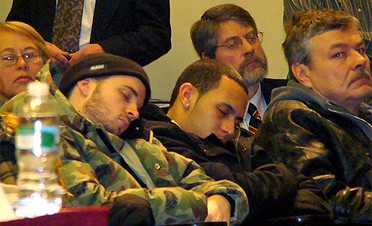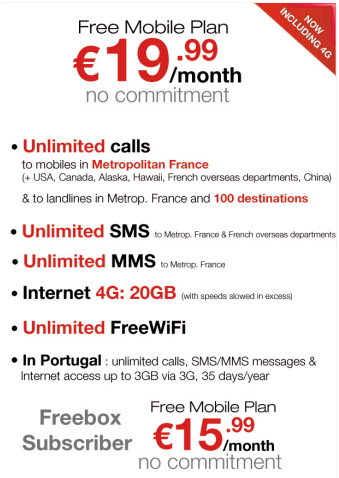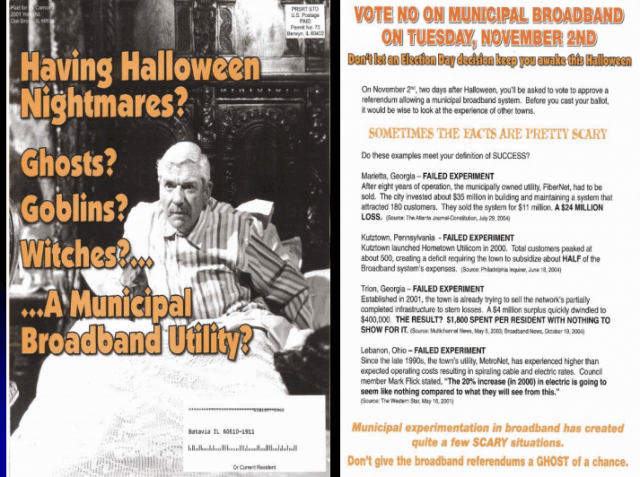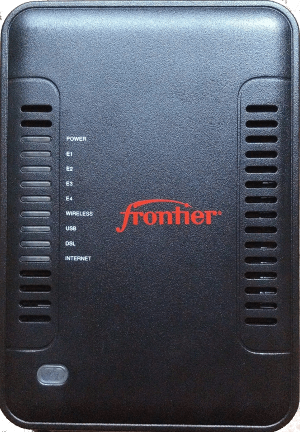Should this merger be approved, Comcast will control 40-50 percent of all broadband access nationwide.[1] That offers Comcast market power that can be used to discriminate against others.

Comcast paid homeless people to “hold their seats” at an FCC hearing in 2008. (Image: Free Press)
Comcast’s recent past contains several disturbing incidents that came as a result of its market power and its vast resources to influence telecommunications public policy debates:
- In 2008, Comcast admitted to paying homeless people in Boston to pack an FCC meeting on Net Neutrality, keeping company critics out of the room.[2]
- The company that now promises to abide voluntarily to Net Neutrality regulations is also one of the few found culpable for violating the principle. In mid-2008, the FCC ruled that Comcast’s policy of interfering with peer-to-peer file traffic was a violation of Net Neutrality rules. When customers found out, the company voluntarily ended the speed throttling, imposing usage caps instead.[3]
- This month, Comcast reportedly stepped in and ordered the removal of news content critical of its Net Neutrality policies from a publication in which it has an ownership interest.[4]
- In May 2011, a Comcast manager threatened to pull funding from a Seattle-based media advocacy group that criticized the company for hiring a former Republican FCC official, Meredith Attwell Baker, just after she supported the NBC Universal deal.[5]
- Comcast has aggressively pursued agreements with over-the-top (online video) competitors that effectively force them to sign special connection agreements that mitigate the deteriorating quality of streamed video Comcast customers receive from services like Netflix.[6] Comcast’s size gives it de facto control over its customers’ online experiences.
While we note Comcast has agreed to temporarily abide by Net Neutrality principles, the Commission should know Comcast has a long record lobbying against Net Neutrality on philosophical grounds.[7]
Comcast agreed to abide by Net Neutrality principles as a condition to win approval of its acquisition of NBCUniversal, approved by the FCC in 2011. But as Brian Fung from the Washington Post noted, its agreement with the government will expire just four years from now[8]:
But what Comcast doesn’t say is that its commitment to “full” net neutrality expires in 2018. After that, it will no longer be legally bound to follow the 2010 rules, and it’ll be free to abandon that commitment literally overnight.
Just one year earlier, Comcast was before the United States Court of Appeals – D.C. Circuit suing the FCC over its authority to enforce Net Neutrality policies. Comcast won its suit.[9]
If Comcast now feels favorable towards Net Neutrality, it should voluntarily agree to abide by its guiding principles in perpetuity.
—
[1]http://www.broadcastingcable.com/news/washington/judiciary-raises-programming-broadband-control-issues-comcasttwc/130396
[2]http://www.adweek.com/digital/homeless-comcast-will-pay-to-attend-fcc-hearings/?red=ny
[3]https://www.dailydot.com/layer8/net-neutrality-violations-history/
[4]http://www.republicreport.org/2014/comcast-affiliated-newsite-censored-my-article-about-net-neutrality-lobbying/
[5]https://www.washingtonpost.com/blogs/post-tech/post/comcast-yanks-funds-for-nonprofit-after-tweet-about-fcc-bakers-jump/2011/05/19/AF7aGG7G_blog.html
[6]http://dr.marketwatch.com/dr/
[7]http://dr.marketwatch.com/dr/
[8]https://www.techdirt.com/articles/20140724/13525627992/comcast-ramps-up-ad-campaign-claiming-to-support-net-neutrality-even-as-it-really-supports-killing-it.shtml
[9]https://www.cadc.uscourts.gov/internet/opinions.nsf/EA10373FA9C20DEA85257807005BD63F/$file/08-1291-1238302.pdf


 Subscribe
Subscribe
 The group involved in the current controversy reportedly received $350,000 from Comcast and promptly began a vocal opposition campaign against Net Neutrality, an open Internet policy Comcast still opposes being enacted as official FCC policy.[2]
The group involved in the current controversy reportedly received $350,000 from Comcast and promptly began a vocal opposition campaign against Net Neutrality, an open Internet policy Comcast still opposes being enacted as official FCC policy.[2] The French Revolution in wireless could be spreading across the United States if Paris-based Iliad is successful in its surprise $15 billion bid to acquire T-Mobile USA (right out from under Sprint and Japan-based Softbank). Wall Street hopes it isn’t true.
The French Revolution in wireless could be spreading across the United States if Paris-based Iliad is successful in its surprise $15 billion bid to acquire T-Mobile USA (right out from under Sprint and Japan-based Softbank). Wall Street hopes it isn’t true. Free’s customer care center is run on Ubuntu-based, inexpensive notebook and desktop computers. Free’s wired broadband, television, and phone service is powered by set-top boxes and network devices custom-developed inside Iliad to keep costs down. Its creative spirit has been compared to Google, much to the chagrin of its “business by the book” competitors.
Free’s customer care center is run on Ubuntu-based, inexpensive notebook and desktop computers. Free’s wired broadband, television, and phone service is powered by set-top boxes and network devices custom-developed inside Iliad to keep costs down. Its creative spirit has been compared to Google, much to the chagrin of its “business by the book” competitors.



